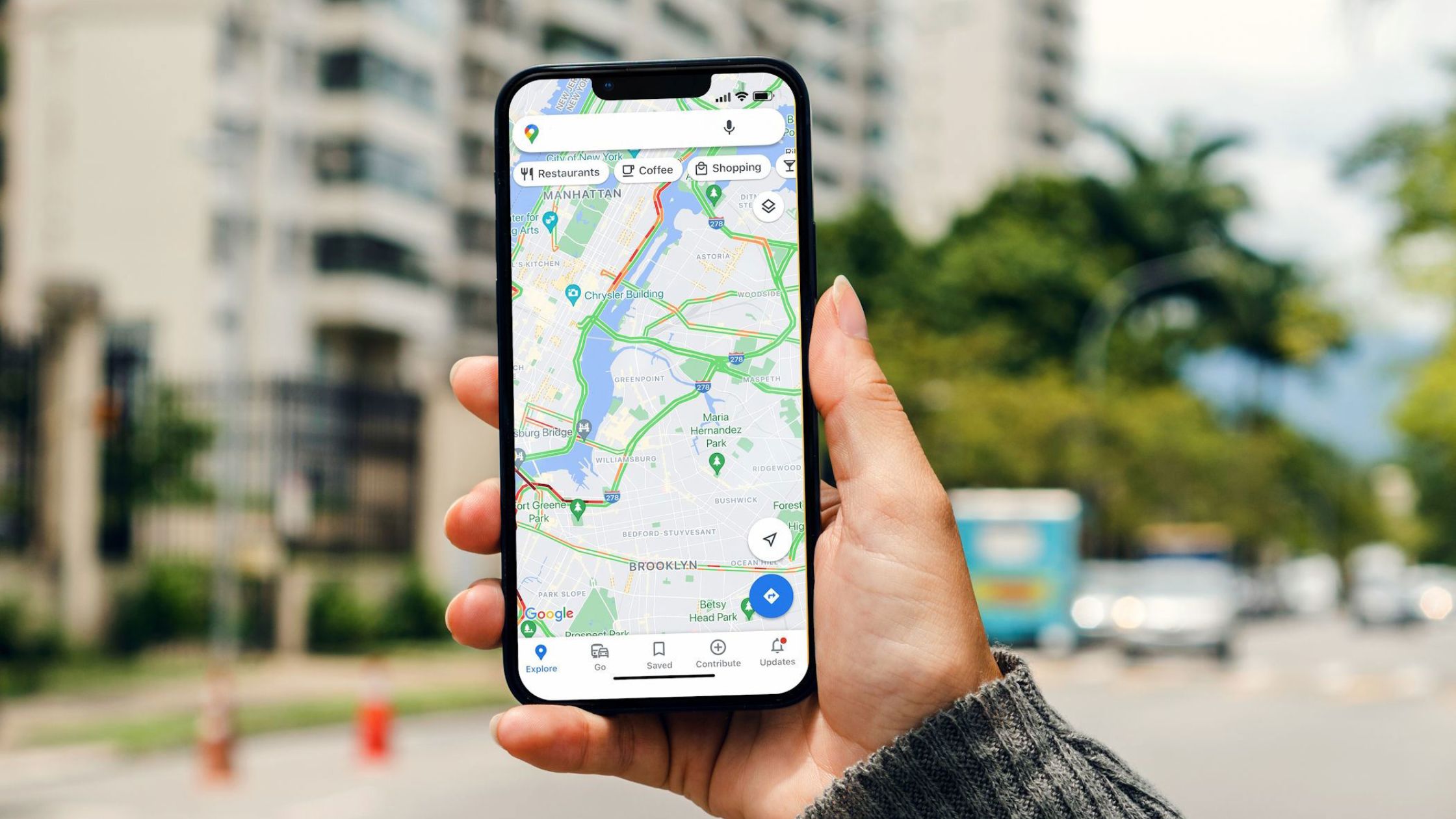The Growing Need for Digital Skills in Law Enforcement
As technology continues to shape modern crime-solving methods, officers are now expected to understand digital evidence just as well as physical evidence. One of the most valuable tools in today’s investigations is location data, especially from mobile devices. That’s why many professionals are turning to a Google Location Data Analysis Course to sharpen their skills.
This blog by Blue Force Learning explains when officers should think about enrolling in such a course, why it’s important, and how it can enhance investigations in the field. The information is written in simple language and from a third-person point of view to make it easy to follow for officers, agencies, and training coordinators alike.
What Is a Google Location Data Analysis Course?
The Course Concept
A Google Location Data Analysis Course teaches officers how to work with data collected from smartphones and apps like Google Maps. This type of course helps them understand where suspects or witnesses were at certain times and how to use that information in a lawful and effective way.
Why Focus on Google Data?
Google is one of the largest collectors of location data in the world. Many people use Android phones or have Google apps enabled on their devices. Because of this, law enforcement often turns to Google location records during investigations.
When Is the Right Time to Enroll?
Early in a Career
New officers or detectives just starting out can benefit greatly from learning how to analyze location data. Taking a course early in their careers can help them understand digital investigation techniques from the start.
When Assigned to Digital or Cybercrime Units
If an officer is moved to a cybercrime, digital forensics, or intelligence unit, enrolling in a Google Location Data Analysis Course becomes essential. These roles require a deep understanding of data sources and tools.
During Major Case Investigations
Officers working on complex or high-profile cases especially those with limited leads—should consider the course. Location data can provide critical information when traditional methods fall short.
When Adopting New Investigative Technologies
Agencies that start using new tools like geofence warrants or location-based tracking software should make sure their team is trained. Taking this course ensures officers know how to use those tools responsibly and accurately.
What Does the Course Typically Cover?
Basics of Location Data
Courses start by explaining how location data is collected by smartphones and apps. Officers learn how GPS, Wi-Fi, and cell towers are used to pinpoint a device’s location.
How Google Stores and Shares Data
The course teaches how Google stores users’ location history and how law enforcement can request that data legally, usually through a warrant or subpoena.
Legal and Ethical Boundaries
Officers learn about data privacy laws and how to stay within legal limits when using personal data in investigations. This helps avoid issues in court or with civil rights.
Data Interpretation Skills
Not all location data is exact. Officers are trained to understand accuracy limits, time stamps, and movement patterns. They also learn how to spot errors or misleading data.
Real-Life Case Studies
Good courses often include real case examples. Officers can see how location data helped solve crimes like robberies, assaults, or missing person cases.
How Can This Course Help in Real Investigations?
Connecting Suspects to Crime Scenes
If a suspect’s phone was at a crime scene, the data can be used as supporting evidence. Officers learn how to use this information properly in their reports and testimony.
Finding Witnesses
Sometimes, phones near a crime scene belong to people who saw what happened. The course shows officers how to find and contact those potential witnesses using data insights.
Creating Movement Timelines
Officers can build a timeline of a person’s movements before, during, and after a crime. This is especially helpful in cases involving multiple suspects or locations.
Backing Up Surveillance Footage
When video footage is available, location data can be used to confirm or challenge what the video shows. This strengthens the overall case.
Benefits of Training Through Blue Force Learning
Tailored for Law Enforcement
Blue Force Learning designs its courses specifically for police, detectives, and forensic investigators. That means the training includes real-world law enforcement examples.
Easy-to-Understand Format
Courses use simple language, visual aids, and step-by-step lessons to make sure even those new to digital tools can follow along easily.
Online and Flexible
Officers can complete the training at their own pace. Whether they are working full time or part time, online access allows learning when it fits their schedule.
Trusted by Agencies
Many departments already trust Blue Force Learning for digital evidence training. The course is updated regularly to reflect new legal rulings and technology.
Signs Your Department Needs This Training
Increase in Digital Evidence Cases
If your agency is handling more cases with digital footprints—texts, social media, or GPS tracking—then it’s time to invest in this type of course.
Gaps in Officer Skill Sets
If only one or two people in the unit know how to analyze location data, it may slow down investigations. More officers with this skill means faster, better results.
Lost or Dismissed Cases
Sometimes, courts reject evidence because it was not collected or explained properly. This training reduces the chance of losing cases due to avoidable mistakes.
Common Questions About the Course
Is It Just for Detectives?
No. While detectives and forensic analysts benefit the most, patrol officers, supervisors, and even prosecutors can learn something valuable.
How Long Does It Take?
Most courses can be completed in a few weeks with part-time study. Some advanced options offer extended content for those needing deeper expertise.
Is Any Special Equipment Needed?
No special tools are required. All you need is internet access and a device to view the lessons. Blue Force Learning provides all course materials online.
Why Training Matters Now More Than Ever
Technology Moves Fast
The methods criminals use are getting more advanced, and officers need to keep up. Courses like these help bridge the gap between traditional policing and tech-based crime-solving.
Courts Expect Digital Competence
Judges and juries now expect investigators to understand and explain digital evidence clearly. This course helps officers build the knowledge needed to do just that.
Improves Public Trust
When officers use digital tools correctly and fairly, it shows professionalism. This can improve community trust and reduce public concerns about data misuse.
Long-Term Career Advantages
Promotion and Special Assignments
Officers who know how to work with digital evidence may be selected for special units or promoted faster. This skill is increasingly seen as essential in modern policing.
Enhanced Collaboration with Tech Experts
Having this knowledge allows officers to work better with digital forensic specialists, analysts, and external consultants during big cases.
Transferable Skills
Even if an officer changes units or departments, data analysis skills stay useful. The training adds value to a long-term law enforcement career.
Final Thoughts
A Smart Step Toward Smarter Policing
Deciding when to take a Google Location Data Analysis Course depends on an officer’s role, agency needs, and case types. But one thing is clear this training is no longer optional in the digital age. It’s a must-have skill for those who want to stay effective and reliable in today’s investigations.
Why Choose Blue Force Learning
With real-world examples, clear lessons, and flexible scheduling, Blue Force Learning helps law enforcement professionals become confident and capable when working with location data. The sooner officers learn this skill, the better prepared they’ll be for the challenges of tomorrow’s investigations.
Here, you can find more articles.



